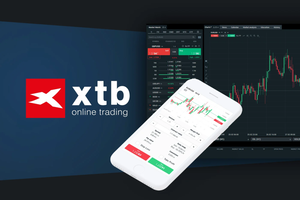Investing in individual stocks or index funds can yield substantial long-term returns. This type of investment strategy requires a solid understanding of financial markets and careful analysis of the companies or sectors in which the investor plans to allocate their funds. However, it's important for investors to distinguish between these two types of investments and how they can benefit from each to achieve optimal results. Investing in individual stocks involves purchasing a share of a specific company, which means you become a partial owner of that company. If the company performs well, the value of your stock increases, and you may receive dividends. However, this type of investment carries a higher level of risk because a company's financial performance can be affected by unpredictable internal or external factors, leading to potential losses.
Individual stock investing is often attractive to those who have the time and expertise to conduct thorough research on the companies they choose to invest in. Investors may seek to capitalize on short-term price fluctuations or hold stocks for the long term, depending on their investment goals and risk tolerance.
On the other hand, index funds offer a more diversified approach. These funds are designed to track the performance of a specific market index, such as the S&P 500, which includes a broad range of companies across various industries. By investing in an index fund, you're essentially investing in the entire market rather than just one company, which reduces risk and increases stability.
Index funds are particularly popular among investors looking for a passive investment strategy. They offer lower costs, less time commitment, and the potential for consistent, long-term growth. Over time, many index funds have historically outperformed individual stocks, especially when factoring in lower volatility and management fees. Both individual stocks and index funds have their own advantages and disadvantages. While individual stocks can provide higher returns for those willing to take on more risk, index funds offer a safer, more diversified option for long-term growth. Ultimately, the best choice depends on your financial goals, risk tolerance, and how much time and effort you're willing to invest in managing your portfolio. Regardless of the approach, maintaining a disciplined and informed strategy is key to achieving significant long-term returns.













